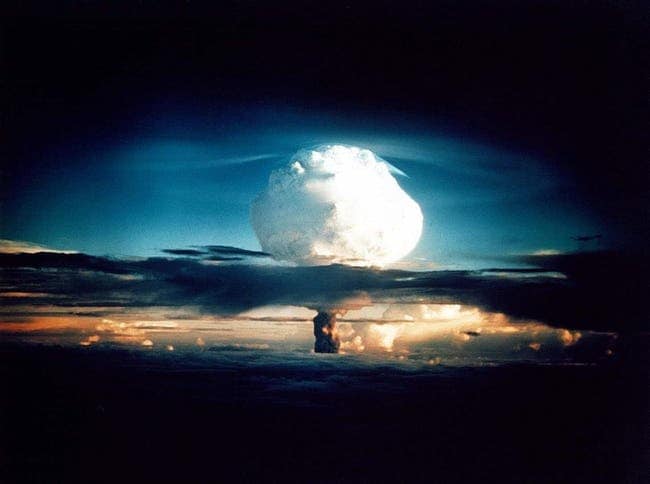Throughout the tapestry of stories that makes up human history, near misses and close calls have both threatened our existence and pushed us in directions few could imagine. We’ve survived natural disasters, diseases, dictators, rush hour traffic and have come out okay considering the circumstances. These brushes with death or destruction have come from all directions as black swan events and completely predictable occurrences brought on by us or fate. Nevertheless, historical close calls always leave a lasting impact. Sometimes literally!
Vladimir Lenin Survived Being Shot Twice, Setting The Stage For Communist Rule In Russia
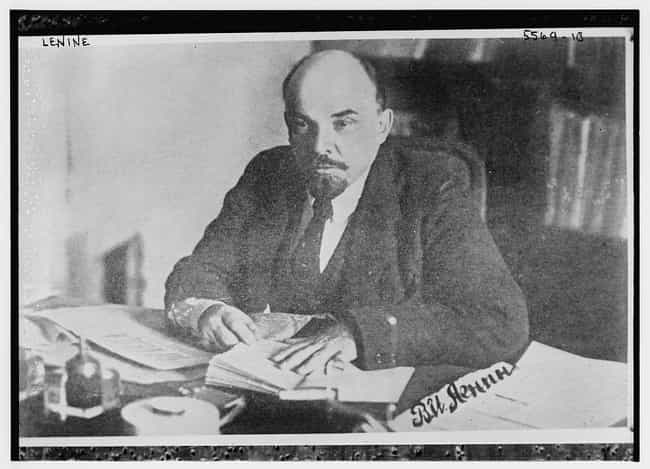
He was born Vladimir Illych Ulyanov, but the world has come to know him by his more well-known Marxist nom de guerre, Vladimir Lenin. Leader of the 1917 Bolshevik October Revolution and first leader of the Soviet Union, Lenin was known to be caustic and irascible and his policies reflected that.
During the Russian Civil War following the October Revolution, the Bolsheviks, now known as Communists, were fighting against the White Russian forces whose aim was to reestablish the Imperial Russian Monarchy. To support the war effort Lenin instituted a policy of War Communism in June, 1918 and one of its most hated details was the forced requisition of food and grain surplus from the peasants in the countryside. While meant to feed soldiers, the policy caused starvation and major discontent.
That same summer, Lenin’s communist government launched the first Red Terror to eliminate all opposition to their rule. Only two months later, while speaking to factory workers, Lenin was approached by Fanya Kaplan and shot twice. Kaplan’s fate is unclear, but what can be argued is that Lenin’s survival would set in motion the rise of Joseph Stalin and 74 years of Communist rule in Russia that would affect the world for almost the entirety of the 20th century. Had he been killed in 1918, the world (and recent history) might have been a very different place.
Queen Victoria Evaded Seven Assassination Attempts
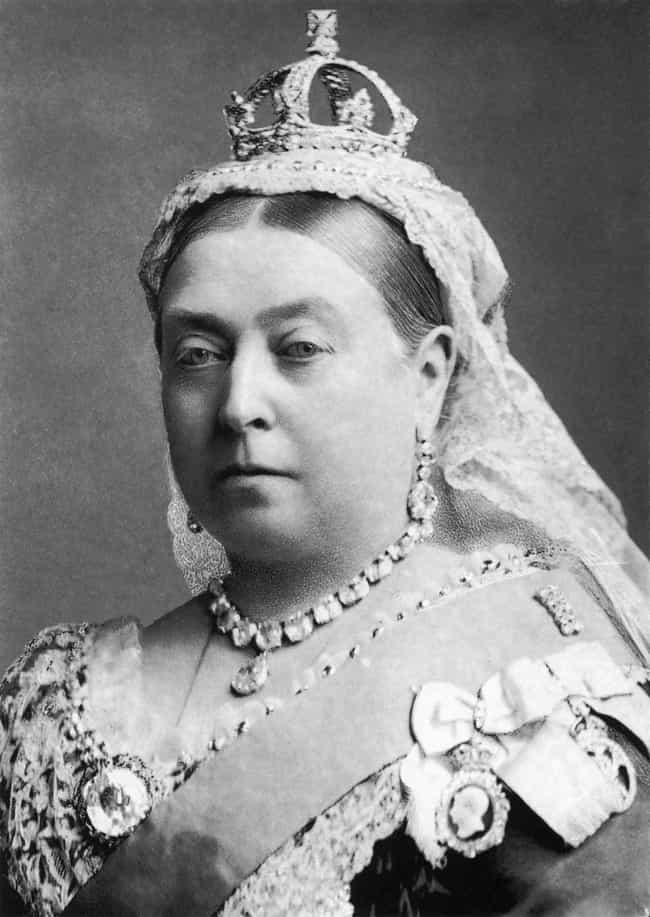
Standing at around five feet tall, Queen Victoria had the second longest reign over the then-expanding British Empire, lasting for 63 years. She was born in May of 1819 and at 18 years of age, she was crowned Queen of Great Britain in 1837. All of that and her impact on Great Britain and the world could have changed, tragically, early in her life.
On June 10, 1840, Victoria, now Queen of Great Britain, and her husband Prince Albert were traveling by horse-drawn carriage when Edward Oxford stepped out from the crowd of spectators, aimed a pistol and fired at the couple. He missed, and before being subdued, drew a second pistol and fired, missing once again. Thankfully, neither Victoria, who was pregnant at the time, nor Albert was hurt. Oxford, now in custody, was found to be insane and incarcerated in an asylum until 1867 when he was deported.
More assassination attempts on Victoria’s life would be made throughout her life, though the first one was the most significant because she was pregnant with her first child and would not have had any heirs. Furthermore, her later grandsons, King George V, Kaiser Wilhelm II, and Tsar Nicholas II wouldn’t have been born and the outcome of World War I could have been entirely different, perhaps not occurring at all.
The 1961 Goldsboro Crash Almost Detonated A Nuclear Bomb In North Carolina
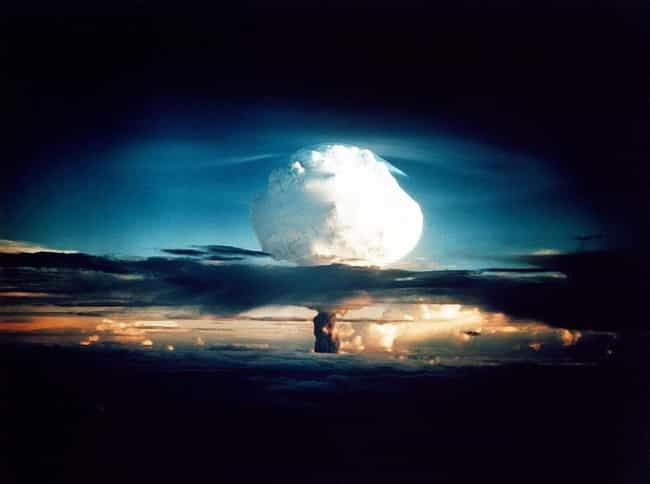
Anyone who has seen images of Hiroshima and Nagasaki after both cities were bombed in August of 1945 can recognize the destructive power of nuclear weapons. Though many Americans might lean on the distance between their own country and a place on the other side of the world, the sobering truth is that it almost happened in the United States 16 years later.
On January 24, 1961, at the height of the Cold War, an American B-52 bomber was flying over Goldsboro, NC when a catastrophic failure in one of its wings occurred. Though there are few available details, the plane began to break apart and two nuclear bombs were released. The parachute of one of the bombs opened and guided it safely to the ground but the other bomb’s chute didn’t open and it landed with enough force that the impact armed the weapon, bringing it extremely close to detonating.
According to Emma Lacey-Bordeaux of CNN, had the bomb detonated the blast would have sent thermal radiation spreading more than 15 miles and killing over 60,000 people. She adds that Fat Man and Little Boy, the two bombs dropped on Japan during World War II had the explosive power of 0.01 and 0.02 megatons, while the bombs that landed in Goldsboro had an explosive power of 3.8 megatons.
Vasili Arkhipov Saved The World From The Closest It Ever Came To Nuclear War
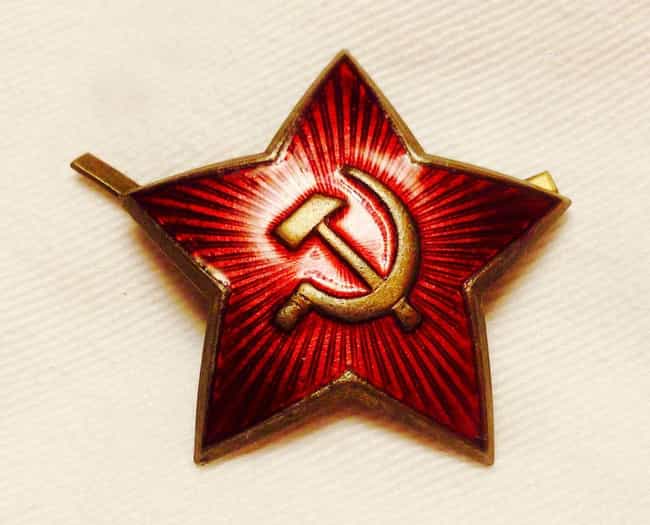
Lack of communication during conflict can mean the difference between life and death, and this is exactly what happened on October 27, 1962.
During the 1962 Cuban Missile Crisis, the American naval destroyer USS Beale began dropping blank depth charges into the waters above a Soviet submarine, the B-59, submerged off the coast of Cuba.
On board the B-59, the captain and crew were extremely nervous and began to believe they were under attack, that war had begun. The sub’s crew and their captain, Valentin Savitsky, were in favor of arming and deploying the sub’s nuclear-tipped torpedo. Had the decision to return fire been acted upon, a series of nuclear retaliations would have followed, escalating into what could have been the most destructive war in human history.
However, the decision to launch the torpedo required all three senior officers to agree. One of the sub’s senior officers, Vasili Arkhipov, remained calm and urged his fellow officers to contact Moscow for further orders. Because of Arkhipov’s hesitation, the torpedo wasn’t launched and a nuclear war was averted.
Abe Lincoln Was Talked Out Of A Duel That Could Have Taken His Life
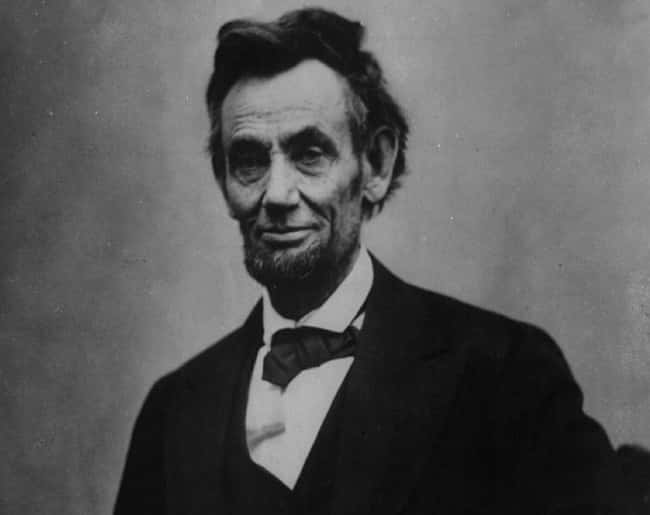
Arguably one of the greatest presidents in American history, Abraham Lincoln was cut from a very special cloth in what he stood for, what he accomplished, and the risks he took to keep the Union together, win a war, and, after some time, to stop and abolish slavery. No doubt he will live on in memory forever.
Lesser-known was his reckless agreement to a duel early in his career!
Before reaching the White House, Abraham Lincoln was a representative in the Illinois state legislature as a member of the Whig party. At the time, James Shields was state auditor and Lincoln had a bone to pick with him. What better way to express frustrations than to write about them? Lincoln began penning satirical letters about Shields and had them printed in a newspaper. Shields demanded retractions, but Lincoln wouldn’t yield and after some time in deadlock (as well as failed attempts to talk each other down), they agreed to a duel.
Perhaps it was a calculated move or out of dark humor, but one of the terms of the duel that was to engage each other with cavalry sabers instead of pistols, while standing balanced on a beam.
Fortunately their assistants begged each man to not duel; instead Lincoln would retract his satirical letters, Shields his written replies.
Both went on with their political careers. James Shields served as a senator and a general in the Union Army, while Lincoln went on to serve two terms as president. By choosing not to duel at the last moment, both figures played key roles in saving the United States from fracturing and in emancipating Americans in bondage. As its known, Lincoln would give his life to do so.

Kublai Khan, a descendent of Genghis Khan, had recently conquered China and was at the shores of Korea looking to continue on to the Japanese main islands. After assembling an enormous fleet of ships to reach Japan, Khan set out first in 1274 when, according to legend, a typhoon completely destroyed his fleet. This didn’t go unnoticed by the Japanese when Khan returned again in 1281 to make a second attempt, only to lose his second fleet in a second typhoon.
This miraculous stroke of meteorological luck was interpreted by the Japanese as kamikaze or “divine winds” and it was this same belief that would send fighter pilots to their deaths during World War II.
Close calls can indeed be double edged. The Mongols very nearly conquered Japan, a narrow miss for the Japanese people. However, had even one of the invasions been a success, and the kamikaze myth not been born, the militaristic culture of Japan may not have evolved as strongly as it did, to culminate in the suicide pilots of the Second World War.
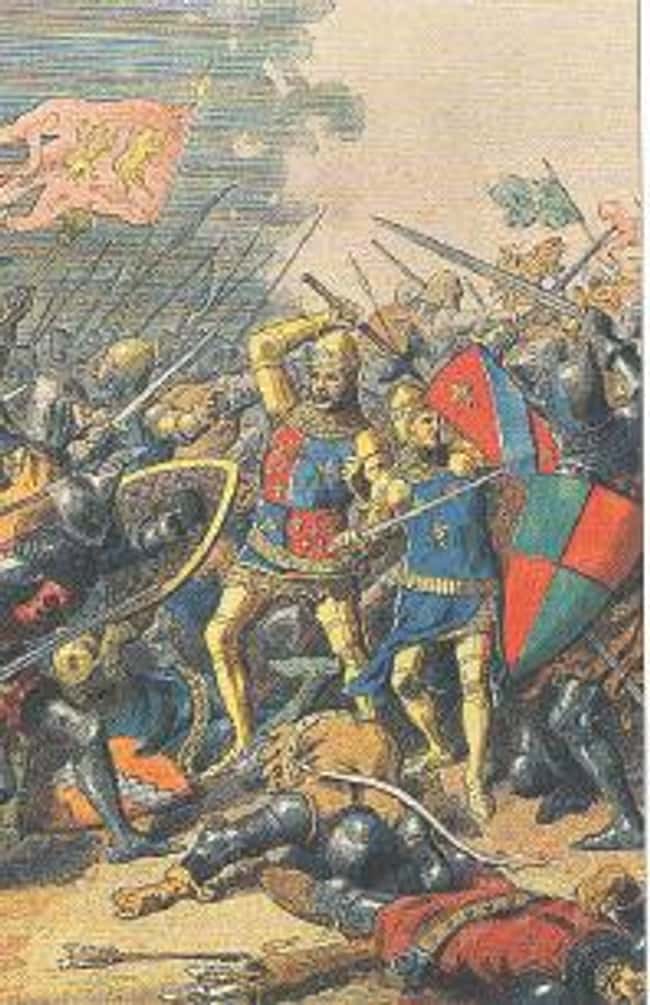
Depending on your perspective, the Battle of Poitiers (sometimes referred to as Tours) was a triumph or a tragedy. But to both Gaulish knights and Moorish warriors, Poitiers was a close call and a turning point in the history of Europe.
After the death of Muhammad, Islam spread from the Arabian Peninsula to North Africa and to Spain [España]. After less than a generation’s time following his death, Umayyad Islamic forces in Spain began marching further north into southern France. Then, in 732 CE Abd-ar Rahman also a military leader and the governor of Córdoba in Spain, arrived at Tours. It was here that the military leader Charles “The Hammer” Martel led his cavalry forces and clashed with the invading Umayyad forces, defeating them and forcing them back to Spain.
The lasting effects of Poitiers were greater than the battle itself. Charles Martel was able to unite the Frankish Kingdom and his personal rule, while also eliminating the threat to Christianity from being overtaken by foreign forces. The great close call here is not one of life or death, good or bad, but of how we identify today. By defeating Abd-ar Rahman, Martel paved the way for France to become a center for Christianity and to take part in the Crusades. History would have been very different had France – or even all of Europe – converted to Islam in religion and perhaps Arabic in language.
Edith Wharton Bested Typhoid Fever To Change Society With The Power Of The Pen
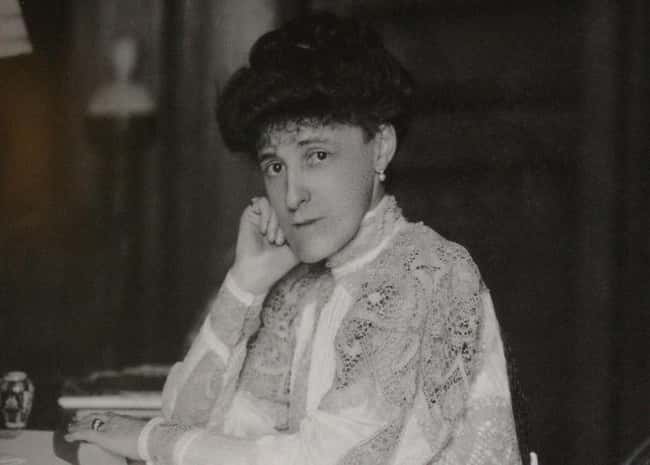
The power of literature has the strength to change society and Edith Wharton was a perfect example of prose’s ability to fracture cultural bondage.
Born as Edith Newbold Jones in New York City during the American Civil War, Wharton and her family soon moved to Europe. At the height of the Franco-Prussian War of 1870, her family evacuated Paris and moved to Germany, avoiding the chaos of the Paris Commune. That same summer she became life-threateningly ill when she contracted typhoid fever, a food and water born virus that causes flu-like symptoms and is often fatal.
Years later during World War I, Wharton traveled to the battlefields of the Western Front five times to report on what she saw, and was awarded the French Legion d’Honneur. Putting her wealth and influence to good use, she began helping as many people as she could by setting up hospitals and shelters for displaced civilians and the sick.
Had Wharton succumbed to typhoid fever, she would not be venerated as the first female Pulitzer prize winner, as well as a great philanthropist and famous American writer. Two of her most well-known works, The House of Mirth and The Age of Innocence, would not have been written to pull back the veneer of high society and expose the hypocrisy of upper classes.
–
(For the source of this, and many other equally interesting articles, please visit: https://www.ranker.com/list/close-calls-in-history/daveesons/)









